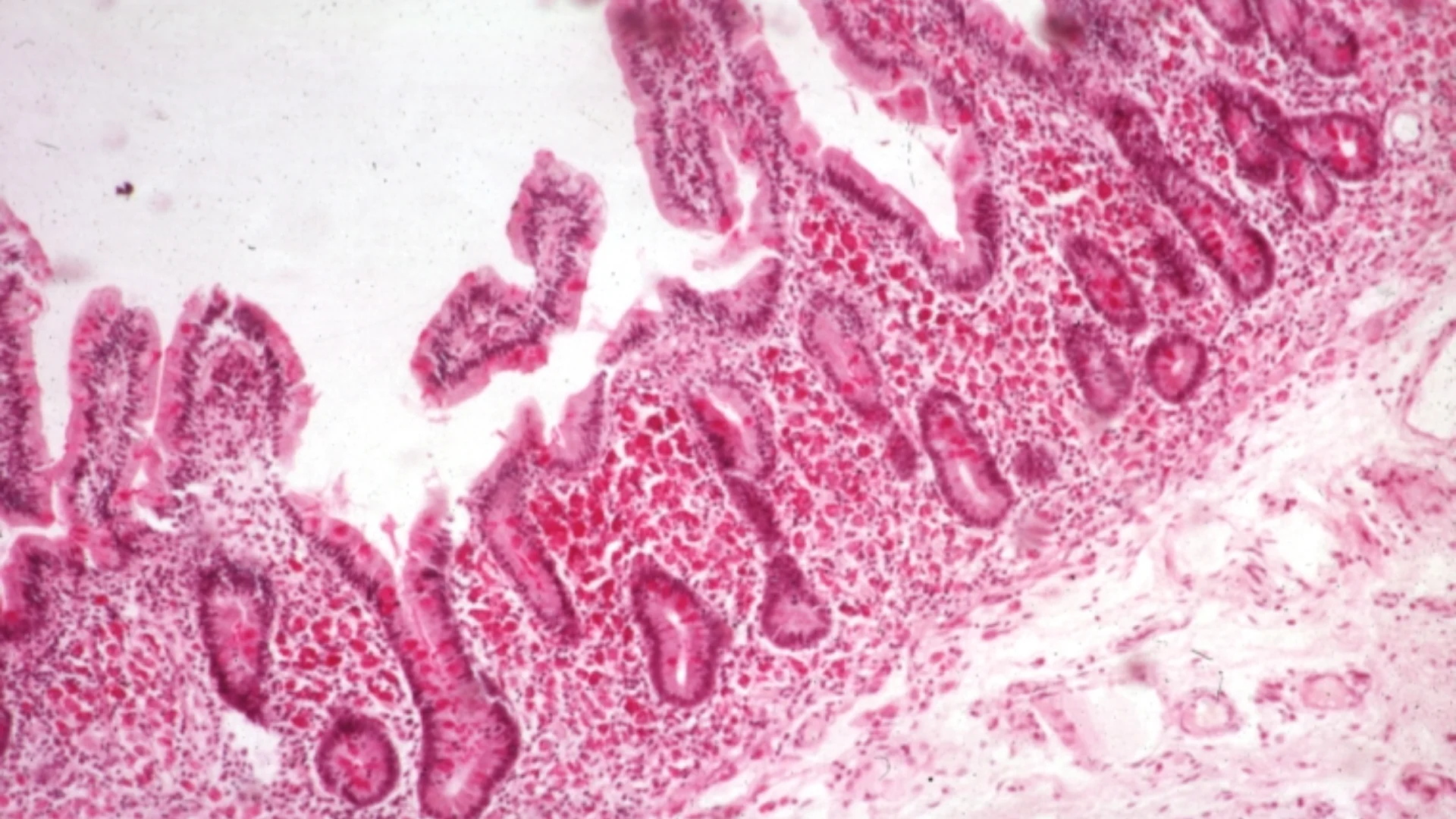
Understanding Primary Malabsorption
Primary malabsorption refers to the improper absorption of nutrients in the small intestine, a condition that can significantly impact overall health. This issue arises when the body cannot effectively absorb digested food components like proteins, carbohydrates, and fats. Malabsorption can result from functional problems, specific intestinal diseases, or other underlying factors.
What Causes Primary Malabsorption? 🤔
Primary malabsorption is specifically linked to conditions affecting the small intestine. Some of the key causes include:
In addition to these, malabsorption can occasionally result from functional issues like stress, which interferes with digestion, or deficiencies in specific transport enzymes located in the intestinal mucosa.
Symptoms of Primary Malabsorption 🔍
The symptoms of malabsorption can vary in intensity but often include:
These symptoms can significantly impact daily life and may indicate an underlying condition requiring medical attention.
How Is Primary Malabsorption Diagnosed? 🩺
Diagnosing malabsorption involves a combination of clinical evaluation, imaging, and laboratory tests. Common diagnostic approaches include:
How Is Primary Malabsorption Treated? 🏥
Treatment depends on the underlying cause of malabsorption. Common approaches include:
Medications and Supplements: 💊
Preventing Malabsorption and Related Complications 🛡️
While not all cases of malabsorption can be prevented, certain steps can help reduce the risk or manage symptoms. The most common ones include:
Why Early Diagnosis and Treatment Matter 🌟
Malabsorption can lead to significant health challenges, from nutrient deficiencies to chronic fatigue and weight loss. Early diagnosis is essential to pinpoint the underlying cause and prevent further complications.
If you suspect malabsorption or are experiencing persistent gastrointestinal symptoms, consult a healthcare professional promptly. Addressing the issue early can improve your quality of life and help you regain control over your health.
🩺 Explore out our Check-Up Programs!
DISCLAIMER: The information presented on this page has been intentionally condensed and simplified to make it accessible and easier to understand for the general audience. Its purpose is solely to provide basic awareness and education on the topic discussed. It is important to note that this content is not exhaustive and does not replace or serve as a substitute for professional medical advice, diagnosis, or treatment. Readers are strongly advised to seek consultations with qualified healthcare professionals or specialists for accurate assessment, personalized guidance, and appropriate medical care. Relying solely on the information provided here, without professional oversight, may lead to misunderstandings or inadequate treatment.
1. Ha shpesh dhe në porcione të vogla...
Kur bëhet fjalë për frutat dhe perimet...
Sipas Shoqatës Amerikane të Zemrës ...
Privacy policy
Copyright ©2025 Klinika Kajo. Designed By Vizional